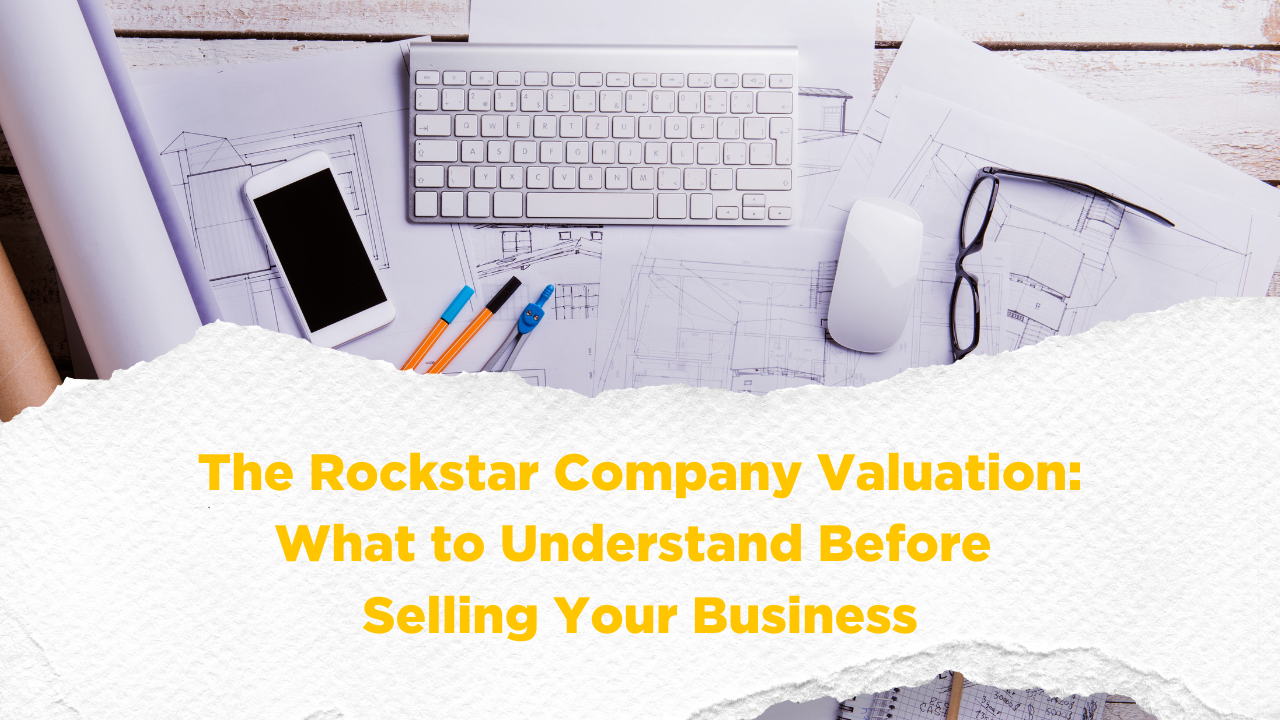
If you’re considering selling or transitioning out of your company, you’ve certainly worried about the future of your organization.
One of the most stressful parts of selling your company is the valuation – the process that puts a dollar-value on all of your hard work. Here are the three levels of valuation you should understand before selling your business:

- The reduced valuation: Most businesses that get a reduced valuation are disorganized or progressively declining. These are some contributing factors:
- Poor accounting
- Poor record keeping
- Potential liability, typically referring to a history of unethical decisions evident in financial statements, lawsuits or other business dealings
- Declining revenues
- Declining gross margins
- The enhanced valuation: This will show that your business is better than your competitors. Here are some examples that give businesses an edge:
- Gross margins higher than the industry average
- Inventory turns higher than the industry average
- Profit higher than the industry average
- Conservative balance sheet management
- The “Rockstar” valuation (the one you want!): To get to this level, your business must have a unique market position and a unique ability to create opportunities for shareholders and customers. Examples include:
- Growing revenues and profits of at least 15 percent per year for three consecutive years
- Use of technology to create a barrier to entry with your products, services, service delivery, sales processes, manufacturing processes, etc.
- Fulfillment of a strategic business niche in the industry that is difficult or impossible to replicate
The valuation process can be a stressful and confusing endeavor, and to properly value your business, make sure to have a team of experts to walk you through the process.
Learn more about getting a “Rockstar” valuation by joining Matthew Garrett at The 23rd Annual Gathering of Games, taking place September 9-11, 2015 in St. Louis, Missouri.
Other Articles You Might Like:
.png)







.png)




-5.png)

